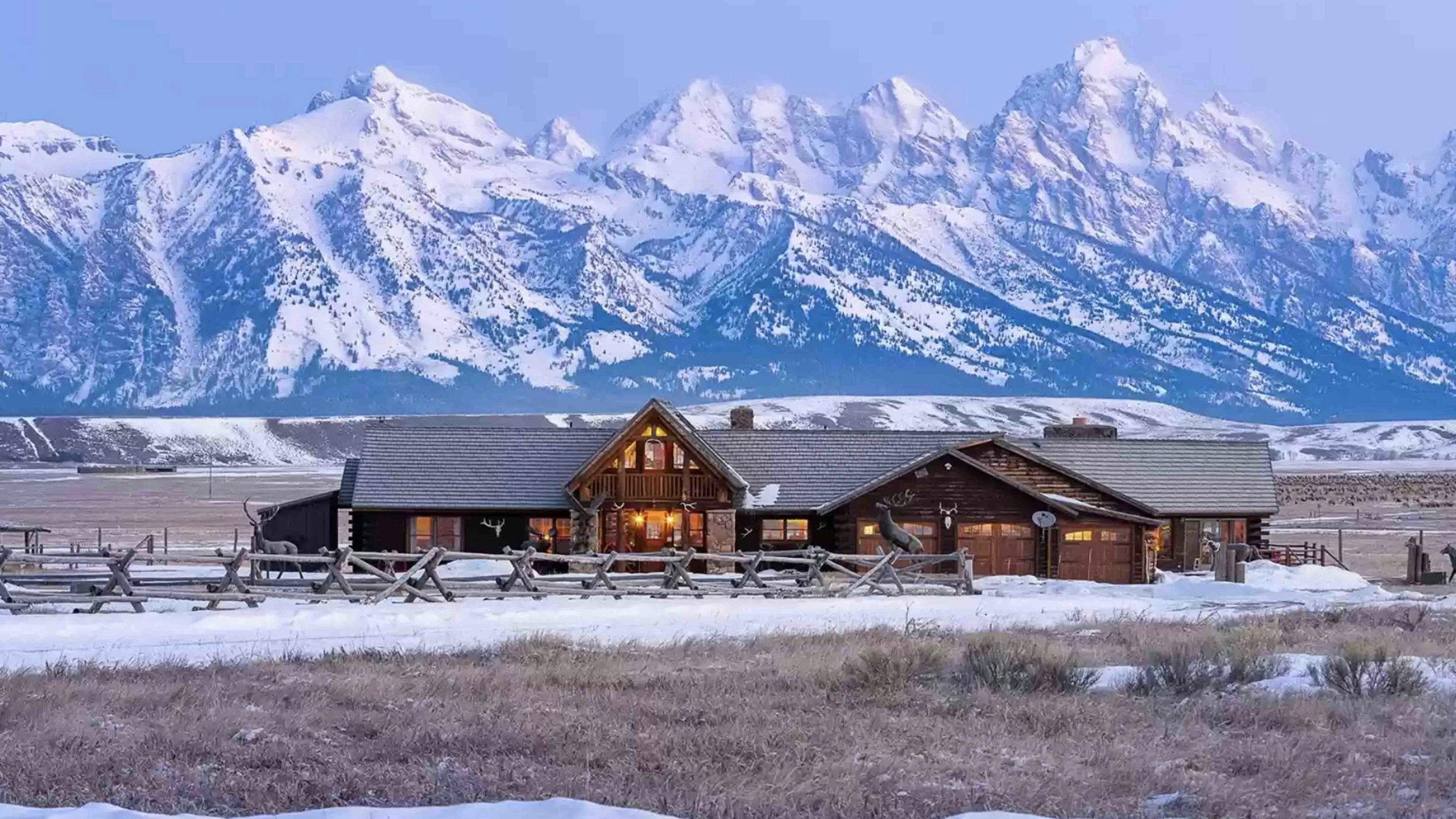Real estate prices have more than doubled in Teton County in the past 18 months and properties selling for less than $1 million are increasingly rare in the county’s limited housing inventory, according to a report by a Jackson real estate company.
Prugh Real Estate, in a report on real estate conditions in the first quarter of the year, said of the county’s 39 active residential listings, only two have an asking price of less than $1 million. The next least expensive 13 properties are on the market for from $1 million to $3 million.
The residential property with the highest sale price currently on the market tops the $19 million mark.
In his 20 years of selling, Greg Prugh, broker and owner of Prugh Real Estate, said this is the lowest inventory he’s seen at such high prices.
Where last year a three-bedroom condo in Jackson sold for $775,000, the same property today was just sold for $1.5 million, Prugh said. His own house in downtown Jackson has more than quadrupled in value in the eight years since it was built.
The housing shortage is not a new situation, Prugh said, but the current shortage exacerbates a growing problem in supply and demand identified by a new Teton Region Housing Needs Assessment.
The assessment, which looked into the housing needs of Teton County and surrounding communities of Teton County, Idaho and northern Lincoln County, identified an estimated need for about 5,300 new affordable housing units to address anticipated demand through 2027.
Despite a handful of new housing projects, the community is nowhere close to meeting that demand.
“We’ve always had a housing problem,” Prugh said, “but it’s more acute today.”
Influx of Out-of-State Buyers
Prugh said a dramatic increase in the housing sales occurred in March 2020 when panic buyers – mostly from other states such as California, New York, Texas and Florida – began gobbling up properties, buying at a much faster pace than had been seen before.
According to the input from local realtors included in the March housing assessment, many of these properties were purchased as second homes or “safe havens” to ride out the pandemic as work-from-home policies made it possible to live and work anywhere.
The influx of out-of-state buyers far outpaced local buyers, according to the report.
By the same token, locals took advantage of market dynamics and sold their local properties to purchase homes on the Idaho side of Tetonn Pass, many paying for these homes in cash.
However, rising home prices in Teton County predate the pandemic and can be traced back to 2015.
On average, housing prices have been rising by 16% per year since 2015 for single-family homes and 9% per year for attached condominiums and townhomes.
A more significant leap was seen in more recent years.
Between 2019 to 2020, the price for a median single-family home has jumped 44% — 27% for condominiums and townhomes, the report said.
In the first 10 months of 2021, the median sale price of a condo or townhome was $422,000 while the price for a single-family home averaged around $750,000.
The prices, combined with limited supply, have made purchasing a home below $1 million nearly impossible for many locals in Teton County and surrounding areas.
Changing Dynamic
Prugh said he is conflicted about the current market. While he and his firm have profited from 30 deals in the first quarter, he said it’s a bittersweet situation.
“We are happy, but we don’t know what the second quarter looks like,” he said. “It’s like eating all your Halloween candy in one setting. It tastes sweet and good but you’re going to get a stomach ache immediately following.”
Part of his discomfort is knowing that every sale drives someone else out of the valley where he was born and raised.
“I worry about the service providers, the guy who changes your tire and the nurse with a family whose rent just went from $3,000 to $5,000 a month,” Prugh said. “We have to protect our local population.”
The current housing shortage implies a larger problem in the future — what happens to Jackson when all the locals have been pushed out and the town no longer has restaurants, coffee shops and local businesses because service workers cannot afford to live in Jackson. It’s not good for the locals or tourists, Prugh said.
“You have to worry that Jackson becomes a cruise ship in the future,” he said. “People come to Jackson because they want to meet locals. They don’t go to meet other tourists. They are coming to experience Jackson and the community. We need both the working and leisure class.”





